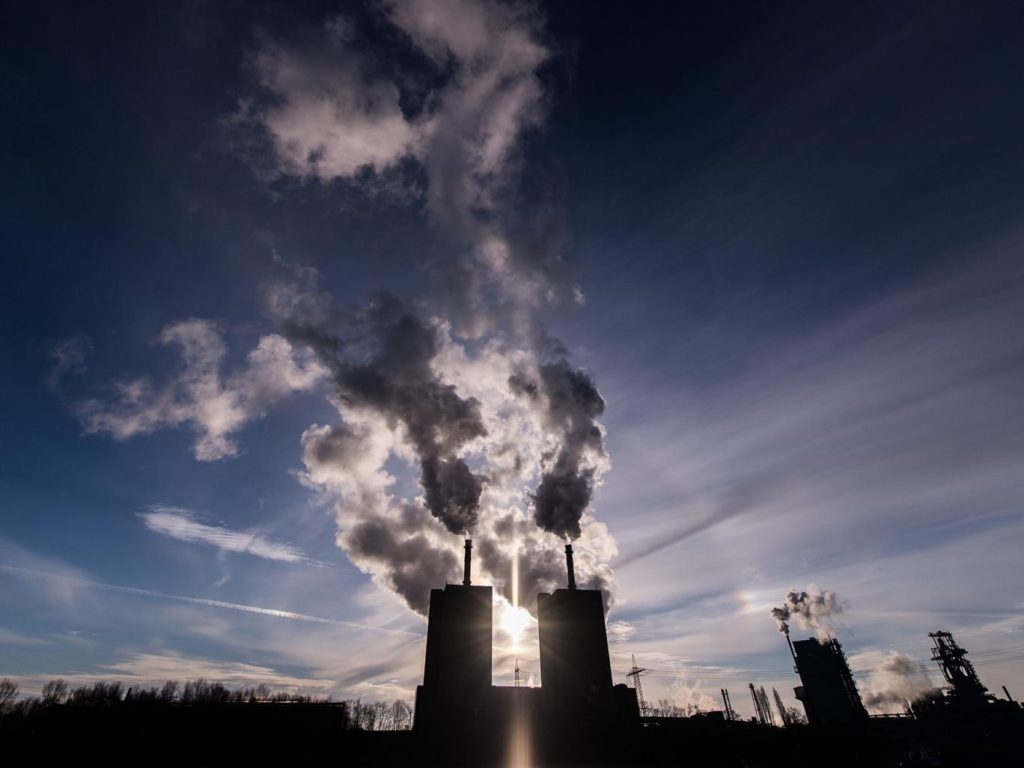Human activity is changing Earth’s climate 170 times faster than natural forces, according to scientists who claim they have devised an equation that shows people are behind global warming.
According to researchers, global temperatures decreased by 0.01C per century over the last 7,000 years—the “baseline” rate. But in the last 45 years it has increased by the equivalent of 1.7C per century, and the 12 warmest years on record have come since 1998, they said.
While “astronomical and geophysical” as well as biospheric forces have driven change in the “Earth system” over its four billion-year existence, human activity has “driven exceptionally rapid rates of change” that the authors of a new study have represented in an “Anthropocene equation”.
Anthropocene is the name given to a proposed new geological era in which the impact of human activity starts having a measurable impact on the environment.
Writing in New Scientist, the study’s co-author Owen Gaffney said: “The rate of carbon emissions to the atmosphere is arguably the highest in 66 million years, when the (non-avian) dinosaurs slipped off this mortal coil.
“The staggering loss of biodiversity in recent decades prompted researchers in 2015 to argue that the Anthropocene marks the third stage in the evolution of Earth’s biosphere, following on from the microbial stage 3.5 billion years ago and the Cambrian explosion 650 million years ago.
“In the equation, astronomical and geophysical forces tend to zero because of their slow nature or rarity, as do internal dynamics, for now. All these forces still exert pressure, but currently on orders of magnitude less than human impact.”
The risks of human impact on the biosphere includes polluted water and soils as well as a warmer climate, Mr Gaffney said.
He added: “While it would seem imprudent to ignore the huge body of evidence pointing to profound risks, it comes at a challenging time geopolitically, when both fact-based world views and even international cooperation are questioned. Nowhere has this been clearer than in the US in recent weeks.”
(Visit the source link from Independent here)


Comments are closed